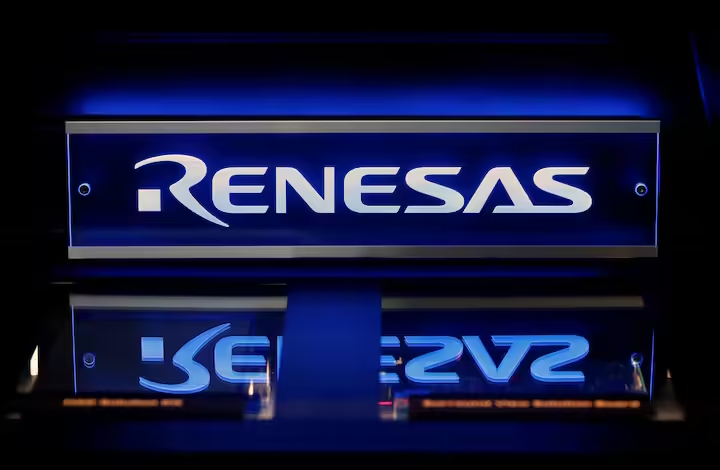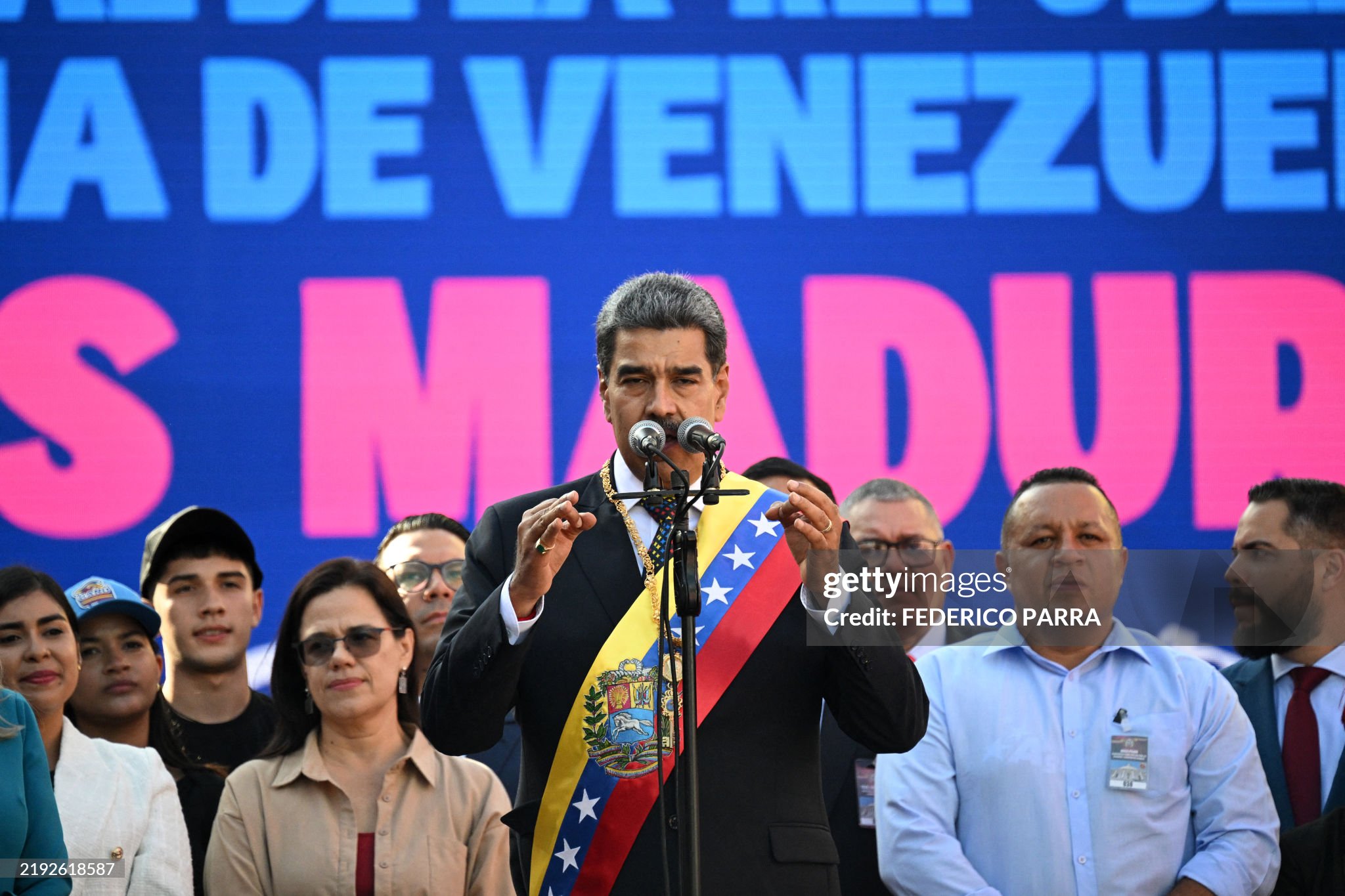Ghanaians will on Saturday go to the polls in what promises to be a keenly contested presidential election in search of a new president to replace out-going President Nana Addo Dankwa Akufo-Addo, who steps down after serving the maximum two terms.
A total of 13 candidates were initially listed to contest the presidential election representing various political parties and independent candidates.
Unfortunately, the only female, Akua Donkor, the founder and leader of the Ghana Freedom Party (GFP), passed away on October 28, 2024, at the Ridge Hospital in Accra, after experiencing some abdominal complications.
After Akua Donkor’s passing, the Electoral Commission (EC) temporarily halted the printing of presidential ballot papers for the December 7, 2024 election, which allowed the party time to select and nominate a new candidate.
The EC cited Article 50(4) of the 1992 Constitution, which permits a 10-day period for the nomination of a new candidate if a candidate passes away after nominations have closed but before the election.
The party eventually nominated Philip Kwabena Agyemang, also known as “Roman Fada,” as their new presidential candidate, but the EC ultimately decided not to replace Akua Donkor’s name on the ballot papers with that of the new candidate, Philip Kwabena Agyemang.
Instead, the EC chose to leave Akua Donkor’s name on the ballot papers, as the printing process had already been completed before her passing. This decision was made in accordance with the EC’s regulations and the 1992 Constitution of Ghana.
Although 12 hopefuls are now vying for the presidency, only two have a realistic chance of winning. In fact, since the return of multiparty politics in 1992, only candidates from either the National Democratic Congress (NDC) or the New Patriotic Party (NPP) have won.
Dr Mahamudu Bawumia, the incumbent Vice President of Ghana, is the NPP’s candidate for the 2024 election.
Having served as Akufo-Addo’s vice president for eight years, the Oxford-educated economist could make history as the country’s first Muslim president.
The former deputy governor of the central bank has gained a reputation for his financial know-how. But that could also be his bane, as he has faced heavy criticism after Ghana plummeted into its most severe economic crisis in years under his watch.
He won the NPP primary with 61.43 per cent of the vote, confirming his position as the party’s flagbearer. He is a seasoned politician and economist, and has been a key figure in the NPP with a strong track record in governance.
On the other hand, Mr John Dramani Mahama, a former President of Ghana (2012-2017), is the NDC’s candidate for the 2024 election. He is a well-known figure in Ghanaian politics, with a strong base of support within the NDC and has been a vocal critic of the current government.
Winning this ballot would represent a comeback for Mr Mahama as he already served as president for four-and-a-half years from 2012 but then lost the 2016 election.
In office, he was nicknamed “Mr Dumsor”, which is a reference to the power cuts that plagued his time in office.
While vice president in 2012, Mr Mahama became interim leader after the sudden death of President John Atta Mills. A few months later, Mahama won his own mandate in a presidential election.
During his term, he invested heavily in infrastructure but drew criticism over power shortages, macroeconomic instability and allegations of political corruption, though he was not personally tainted.
He suffered back-to-back election defeats to Akufo-Addo in 2016 and 2020.
Mr Mahama won the NDC primary with an overwhelming 98.94 per cent of the vote, and amid the current tough economy, he has pledged an “urgent reset” for the country that needs an experienced leader at the helm.
The other notable candidate, are Mr Alan John Kyerematen, a former Minister for Trade and Industry, is running as an independent candidate after resigning from the NPP.
Nicknamed “Alan Cash”, he left the NPP last year (2023) after complaining that the presidential primaries were biased against him. He could draw some NPP support in the party’s heartland in the Ashanti Region.
Nana Kwame Bediako, a real estate developer, is the candidate for the New Force movement. He announced his candidacy on January 7, 2024, with the aim of challenging Ghana’s two main parties.
The businessman, also known as “Cheddar”, does not have a political background but has made a lot of impact on social media and attracted young supporters.
Bediako started his election campaign as a mystery candidate, hanging billboards across Ghana that showed a masked face and a promise to empower the youth.
Working in infrastructure development, he has contributed to the creation of over 700 homes and employs over 3,000 people, according to his website.
His election promises include plans to create industries in all of Ghana’s regions, and has pledged to govern with only 12 cabinet ministers.
He made an interesting headline with a bold promise during his recent campaign in Kumasi, stating that he would “bring the sea to Kumasi” if elected as President.
Two years ago, Nana Kwame Bediako shot into the limelight when his neighbours complained he was keeping tigers at home.
Other candidates are: Mr Kofi Koranteng (Ghana Union Movement), Mr Kwame Asiedu Walker (Independent), Mr ChristianbKwabena Andrews (Ghana People’s Party), Onipayede Amoani (Independent), Mr Mensah Jabuari (Independent), Mr Akwasi Addae Odike (United Progressive Party), Mr Kofi Akpaloo (Liberal Party of Ghana).
These candidates, although not as prominent as the top two contenders, (NPP, NDC) still bring unique perspectives and experiences to the table. Many Ghanaians are keen to see how they fare in the election.
The election, in fact, is expected to be highly competitive, with the economy, corruption, and governance being key issues.
Unemployment among young people and an exodus of Ghanaians looking for better opportunities elsewhere has also been a feature of recent years.
The NDC has decried this as an “abysmal performance” and has demanded a reset.
The governing NPP says it has built a resilient economy that is on the “cusp of transformation,” so it is not the time to change.
A recent poll by Global InfoAnalytics showed the NDC’s Mahama leading with 51.1% of the vote, followed by NPP ‘s Bawumia with 37.3%., Mr Kyerematen (4.1%), and Nana Kwame Bediako (6.2%).
Another poll by the same firm showed a similar lead for Mahama, with 53.4% of the vote, followed by Bawumia with 39.5%.
However, polls can be unpredictable, it is essential to note that opinion polls are not always accurate predictors of election outcomes as it is far from certain.
Several factors could contribute to the NDC winning the presidential election.
For instance, economic dissatisfaction as the current economic crisis is characterised by high inflation, a depreciated cedi, and widespread unemployment, which could work in favour of the NDC.
On corruption and governance issues, it is no secret that the NDC has been highlighting on such issues within the NPP and that could resonate with voters seeking better governance and accountability.
Apart from the campaign focusing on the economy, corruption, and governance issues, the NDC’s promise to continue and improve the Free Senior High School (FSHS) policy, could appeal to a broad range of voters.
There is also voter dissatisfaction with the incumbent government, judging from the recent Afrobarometer survey that found that eight out of 10 Ghanaians believed the country is “going in the wrong direction,” which could indicate a strong desire for change and a vote for the opposition NDC.
Many Ghanaians have been looking at Mr Mahama’s experience and appeal, that as a former President, he could bring experience and a familiar face to the campaign trail. His appeal, particularly in the northern regions, could help the NDC secure crucial votes.
While these factors could contribute to an NDC victory, it’s essential to note that the election is highly contested, and the outcome is far from certain.
Similarly, the NPP is on a high pedestal to winning the presidential election with its economic promises to cancel unpopular taxes introduced by the Akufo-Addo government that could appeal to voters who are struggling with the current economic crisis.
Dr Bawumia’s promotion of digitalisation initiatives and policies could position him for the ultimate.
Undoubtedly, the NPP has fulfilled its 2016 campaign promise of universal ‘Free Senior High School’ (FSHS) education which could be a game-changer, as many Ghanaians (both rich and not-too-rich) support the policy.
The NPP’s emphasis on ongoing and completed infrastructure projects, such as road construction and healthcare facilities, seemed to demonstrate their commitment to development and improvement.
Dr Bawumia’s candidacy, could also be an attraction in the Muslim community and other minority groups, just as the NPP’s strong performance in the Ashanti and Eastern regions could provide a solid foundation for their electoral victory.
According to public opinions, Mr Kyerematen’s chances of winning, is low.
Reasons being: Lack of party machinery- As an independent candidate, he lacks the structural support and resources of a major political party.
It is said that his candidacy might split votes from the NPP, potentially weakening Dr Bawumia’s chances, but not necessarily securing a win for himself.
Also, Mr Kyerematen’s policies might not be distinct enough from those of the NPP, making it challenging for him to attract a significant number of voters.
Ghanaians also firmly believe that Nana Kwame Bediako’s chances of winning is very low. The fact, he has limited national recognition.
Bediako is a relatively new face in Ghanaian politics, which might make it difficult for him to gain widespread recognition and support.
His policies and experience might not be as developed or comprehensive as those of the other candidates, which could hinder his ability to attract voters.
Preparations toward the elections has not been without challenges and controversies. The election has been marred by controversy, with the NDC accusing the EC of colluding with the ruling NPP to rig it.
FROM KINGSLEY E.HOPE, KUMASI





















Discussion about this post